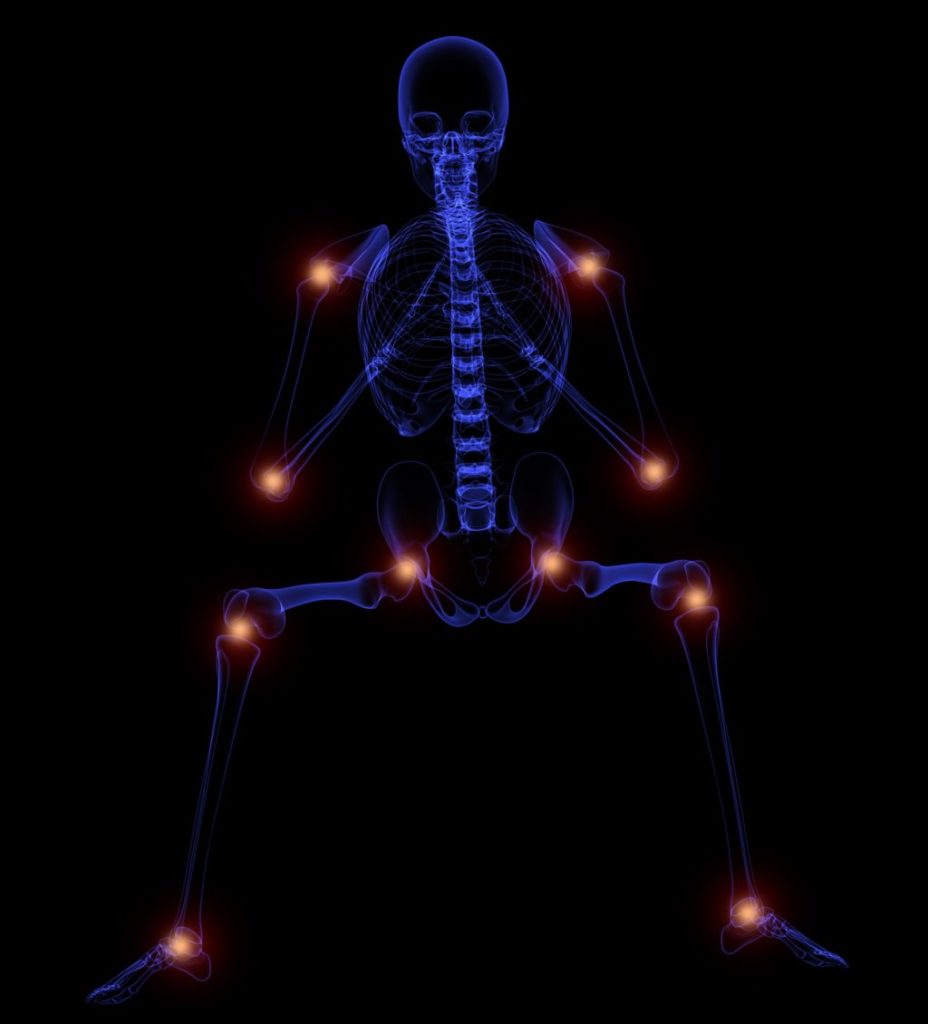Inflammation and Food

Inflammation is the body’s attempt at self-protection; the aim being to remove harmful stimuli, including damaged cells, irritants, or pathogens – and begin the healing process.
When something harmful or irritating affects a part of our body, there is a biological response to try to remove it, the signs and symptoms of inflammation, specifically acute inflammation, show that the body is trying to heal itself.
What causes inflammation?
- Poor diet: mostly sugar, refined flours, processed food and inflammatory fats such as trans fats and seed oils.
- Lack of exercise
- Stress
- Hidden or chronic infections with viruses, bacteria, yeasts or parasites
- Some medications
- Injuries
- Obesity
What foods to avoid:
- White flour and the products made from it, cakes, crackers, doughnuts, white bread, biscuits, croissants etc
- Excessive amounts of sugar
- Refined oils/margarine
- Processed and packaged food that have little nutrition
What foods to include:
Anti-inflammatory herbs and spices
Garlic, ginger, onion, turmeric and herbs such as basil and spices such as cinnamon. These contain various active constitutes that help with inflammation. Curcumin, a substance found in turmeric, is under investigation for the treatment of several illnesses and disorders, including inflammation.
Most brightly/dark coloured fruits and veggies and especially berries, cherries, beetroot, leafy greens and green tea
They have been shown to have anti-inflammatory properties, probably because of anthocyanins, the powerful chemicals that gives them their rich colour. The anthocyanins in both sweet and sour cherries have been found to inhibit certain enzymes involved in the creation of pain sensations in the body, thus acting as pain relievers with possible application in arthritis and gout pain. As a bonus tart cherry is a food which contains melatonin which is good for sleep!
Omega 3 fatty acids
There is a better ratio of omega 3 to omega 6 in grass fed compared with conventional grain fed meat. Slow cooked meat on the bone-The bones contains collagen/gelatine that helps build connective tissue to regulate cell growth; this benefits skin tissue, muscle, cartilage, ligaments and bones.
Omega 3 is found in fatty fish such as salmon, trout and sardines and a precursor to omega 3 is found in vegetarian sources like walnuts, chia seeds and flaxseed
Naturally extracted fat and oils for your dressings and cooking
Vegetable oils such as canola, sunflower, corn oil were never part of our natural diet and have only been around for the last 100 years or so, these are high in omega 6 and too much omega 6 can be inflammatory to competing pathway of specific enzymes. The best oils include cold pressed avocado oil, macadamia oil and extra virgin olive oil. Extra-virgin olive oil contains a natural compounds which may help prevent arthritis-related inflammation. These compounds block the same inflammatory pathways as ibuprofen and aspirin, medications commonly used to fight arthritis pain.
Probiotics
Probiotics are “live microorganisms, which, when administered in adequate amounts, confer a health benefit on the host. Much of your immune system is based in the gut so it makes sense to make sure your gut is doing its job well and you are feeding your gut bugs the right food for them to flourish.
Dinielle Farquharson – Nutritionist
Make an appointment.
Use our convenient online booking or contact us direct.
